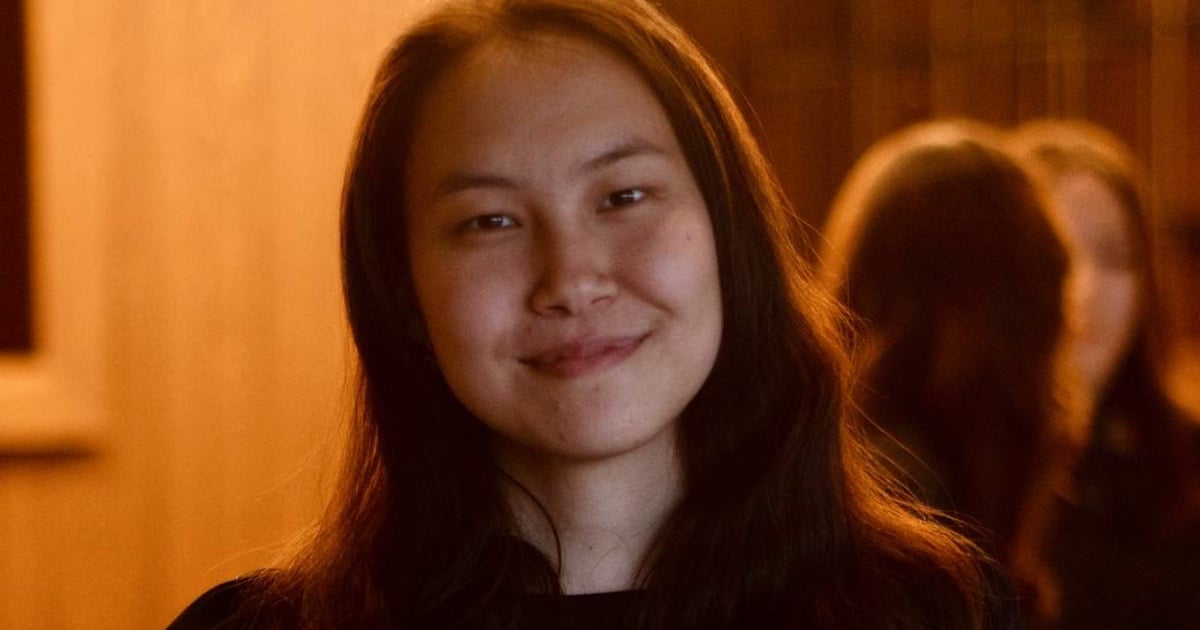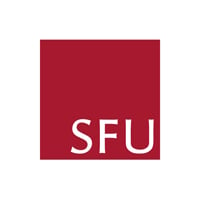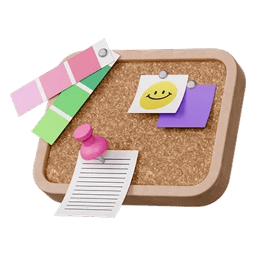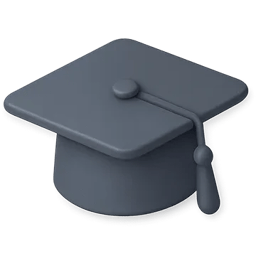My name is Nargiz, I am a graduate of Nazarbayev Intellectual School and a student at Simon Fraser University in Vancouver.
My background
I made the decision to study abroad when I was in 9th grade, back in 2020. Once I finished that grade, I started preparing for the SAT exam and began to build my portfolio. I participated in extracurricular activities, worked on projects, got involved in research programs, and more. Hence, my aspiration to study abroad was born early on.
After completing 4th grade, I took my first trip to the USA with my mother. That trip made me resolve to apply to Western universities. I particularly focused on getting admission to Nazarbayev Intellectual School, a place full with students like me, who also wanted to study abroad. We formed a solid community, motivating and supporting each other in our quest for higher education.
To me, Nazarbayev Intellectual School was not only important for its academic rigor but also for the encouraging community it fostered. However, the admission process itself was quite extensive and time-consuming.

Universities I applied to
I submitted applications to universities in Canada, the United States, and one in Europe. I also applied to an American university that has a branch in Qatar. In the end, I received acceptance letters from five universities.
These included Simmons University in Boston, where I was awarded a presidential scholarship. However, the scholarship wasn't sufficient for me to attend. I also got accepted into Simon Fraser University in Vancouver, which is where I've decided to study. The other universities that accepted me were Amsterdam University College, Carnegie Mellon University in Qatar, and the University of British Columbia.
Difference between admission processes in the US and Canada
In Canada, the approach to university admissions is similar to Europe's. They heavily prioritize grades and the academic component of the application. In contrast, the United States puts more emphasis on essays, extracurricular activities, and personal branding, areas to which Canada pays less attention.
For my applications, I had to list my extracurricular activities and write an essay, but only when applying for scholarships. For general admission, it was enough to submit the application, my grades, and IELTS scores. I provided grades from 9th, 10th, 11th, and mid-year grades for 12th grade.
In addition, for the scholarship application, I had to write an essay of approximately 600 words and include up to five extracurricular activities along with 2-3 awards. So, as I've mentioned, Canada, like Europe, puts less emphasis on extracurricular activities and concentrates more on the academic aspect of the application.
Major in Data Science
I applied to major in Data Science, a field centered on artificial intelligence and data analysis. During my high school years, I embarked on various projects involving artificial intelligence, which required programming and data analysis skills. I delved into neural networks, explored models of artificial intelligence, and studied their application across different domains. As a result, I wanted to further pursue this field in university, leading me to apply for the Data Science major.
Why I chose Simon Fraser University
While applying to universities, I was keen on exploring various research opportunities. The chance to engage in research within the university setting was crucial to me, leading me to focus on larger research institutions. Simon Fraser University, for instance, is a leader in artificial intelligence research in British Columbia. They have a hub where various projects can be initiated, and they partner with top companies in the Canadian artificial intelligence field.
Furthermore, they are global frontrunners in the sphere of sustainable cities, prioritizing the promotion of sustainable development. During my application process, I was working on a project related to artificial intelligence in sustainable development. I highlighted my intention to continue developing this project in my essay. This might have played a substantial role in my acceptance with a selective scholarship that only 2% of applicants receive.

Financial aid
My financial aid package covers all the essentials, including tuition, accommodation, meals, health insurance, and books. The only expense it doesn't cover is airfare. However, I also have the opportunity to work on campus for up to 20 hours per week. In addition, Canadian regulations permit students to work off-campus for another 20 hours per week. This means, in theory, I can work up to 40 hours per week.
While I don't intend to work that much, the opportunity is there if I need to cover additional expenses. Even though my primary expenses are taken care of, I anticipate that earning extra money on campus will not be a challenge.
Stats
GPA: 5.0/5.0
IELTS: 8.0
SAT: 1480
I didn't submit my SAT score to the Canadian universities, as it wasn't a requirement for their application process.
Extracurricular activities
My first extracurricular activity involved research I carried out at the Junior Academy under the New York Academy of Sciences, in collaboration with a professor from the University of Maryland. This project revolved around using artificial intelligence for environmental purposes. My second activity was a personal research project, also focused on AI for environmental use. It dealt with the development of artificial intelligence for managing alternative energy resources, a key point I emphasized in my essay for Simon Fraser University.
My third activity involved participation in international programming and research hackathons. Notably, we secured third place in the Imagine Cup Junior AI Hackathon. I also brought up my engagement in TEDx and Model United Nations (MUN) events. In these, I held leadership roles in school clubs and organized events at both the international and national levels. Moreover, I highlighted my role in establishing a robotics club.
Furthermore, I engaged in scientific writing and published three articles on artificial intelligence in various journals for young researchers in Canada and the United States.
As another noteworthy accomplishment, I co-founded and currently serve as the Chief Technical Officer of the "BulBul" project. This initiative primarily supports victims of sexual violence by using an AI-powered chatbot. The bot analyzes responses from individuals in crisis, provides initial advice, and suggests further psychological assistance. Almost all of my projects are related to artificial intelligence, and these formed a significant part of my application. Activities like TEDx and MUN relate more to sustainable development and societal progress.
Additionally, I mentioned volunteer work in the extra information section, such as tutoring children during the pandemic, participating in various volunteer projects, and teaching introductory courses on machine learning and artificial intelligence.
Tips for applicants
First and foremost, it's crucial to start planning for your college application process early, ideally from the 9th grade. This provides at least two years to prepare. Engage in various competitions, hackathons, and club activities to develop your leadership skills. This isn't just for your application; it's also to help discover what you want to pursue in life. While I understand that many students apply with an undeclared major, it can be beneficial to have a general direction. To identify this, it's important to explore different interests. If you find something you're interested in but it's challenging, I suggest persevering. If it doesn't captivate you, then explore other options that better align with your passions. Starting early allows more opportunities for trial and error, crucial for personal growth and a compelling college application.
My second piece of advice is to ensure your application tells a cohesive story. It shouldn't be disjointed, with an essay on one topic, activities in an entirely different field, and achievements in yet another area. Your application should have a consistent thread. This coherence is often referred to as your personal brand. I learned this from my own mistakes. In the United States, personal branding is highly valued, so it's crucial to present yourself as a unique individual, not just a collection of grades, achievements, and activities. Share what drives you, what matters to you, and what you aspire to change in the world. All universities are interested in this. So, even if you don't have perfect grades or international accolades if they see a driven individual who maximizes their potential, they might overlook some flaws in your application.
Thirdly, always consider safety choices when applying to universities. Take risks and apply to top-tier universities because you never know who will review your application. Even if you think your chances are slim, that reviewer might still want to give you an opportunity, irrespective of the general criteria. Luck often plays a part in the college admissions process, so don't be afraid to take risks. However, it's important to keep in mind the safety options, especially if taking a gap year isn't an option. Look at universities where you're almost certain to get in, those you can afford, or those in your home country. Your college list should be ambitious but also include a backup plan.






